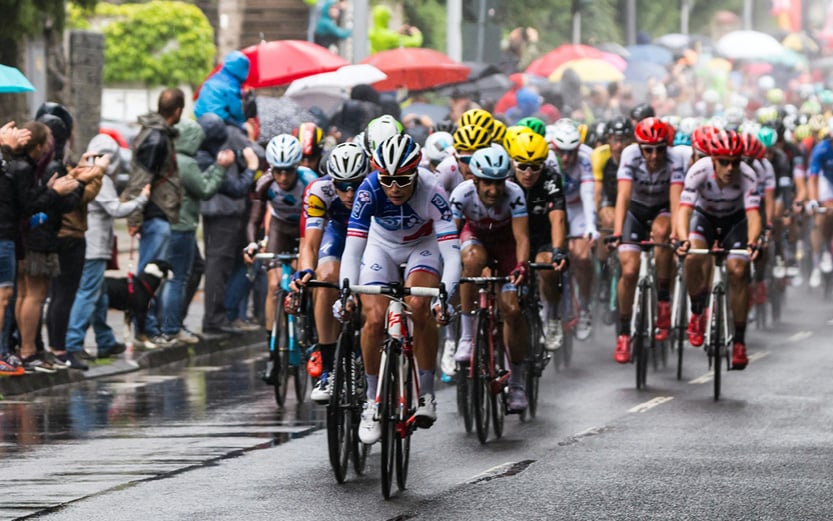Strategy blog: macro update
Strategy team: Kevin Gardiner
Ukraine
As we continue to count our blessings, all we can know for sure about the situation in Ukraine is that we are somewhere between the two poles of escalation and peace. Our mainstream and social media report freely and persuasively on the horror, but are neither objective nor omnipresent. They can only partially lift the fog of war.
Better to be genuinely mistaken than deliberately misled, of course. And while it is hard to overplay the terrible human cost, the economic impact of the invasion on the rest of the world has perhaps (so far) been more manageable than feared.
Oil prices (Brent crude) have not surged to $200pb, but (as we write) are trading below $100: they are down almost a quarter from their March 8th peak, and in inflation-adjusted levels are just a sixth higher than their 10-year average. The benchmark European natural gas contract has fallen by more than a half from its early March peak.
The realisation is spreading: Europe (that is, Germany) can probably afford to buy less energy from Russia, whose economic predicament meanwhile is not meaningfully eased by the bounce in the rouble. Whatever the invoicing arrangements in oil markets, the currency will be vulnerable again if/when Russia spends (or tries to spend) more of its hard currency income.
Monetary policy
The post-invasion data continues to show economic activity retaining a bit more momentum than feared, even in Europe. This will support corporate profitability – as, in the short term, will those higher (albeit more modestly so, as noted) oil prices: there are more big oil producers in the main stock market indices than there are big buyers of oil.
As capacity utilisation stays resilient, labour markets on both sides of the Atlantic remain historically tight, not loose. Weekly unemployment claims in the US have recently hit absolute levels last seen in 1968 (and only briefly then). Despite the threat of wider disruption from the conflict, the main economic threat remains inflation, not unemployment. That picture has if anything become clearer since February 24th: the immediate risks to growth look more muted than they did.
So whereas on February 24th we might have characterised the post-invasion mix of economic risk to some extent as "ongoing conflict or higher interest rates", today it may be a case of "ongoing conflict and higher interest rates". Equities may be supported by those higher earnings, but tactically at least they are vulnerable as central banks and market rates adjust.
The big western central banks are realising that they really are some way behind the curve – not so much the curve priced in to today's markets, which after all they partly control, but the one that will be cited by the economic history books. As those market interest rates rise, they have been led upwards recently by real yields rather than break-even inflation rates, hitting both conventional and inflation-linked bonds. The price of the 20-year US inflation-protected bond is actually lower than it was a year ago – that is, before the biggest inflation surprise in recent history.
Setting aside the humanitarian disaster in Ukraine, and the testing tactical outlook for securities markets, we should of course remember that low unemployment is a good thing, and at the very least will help buttress some poorer families against the impact of those energy costs.
We might also remind ourselves – because the official forecasters won't – that budget deficits and government debt have been falling short of earlier projections, suggesting a little more room for fiscal manoeuvre, should it be needed.
Disclaimer
Past performance is not a guide to future performance and nothing in this blog constitutes advice. Although the information and data herein are obtained from sources believed to be reliable, no representation or warranty, expressed or implied, is or will be made and, save in the case of fraud, no responsibility or liability is or will be accepted by Rothschild & Co Wealth Management UK Limited as to or in relation to the fairness, accuracy or completeness of this document or the information forming the basis of this document or for any reliance placed on this document by any person whatsoever. In particular, no representation or warranty is given as to the achievement or reasonableness of any future projections, targets, estimates or forecasts contained in this document. Furthermore, all opinions and data used in this document are subject to change without prior notice.





